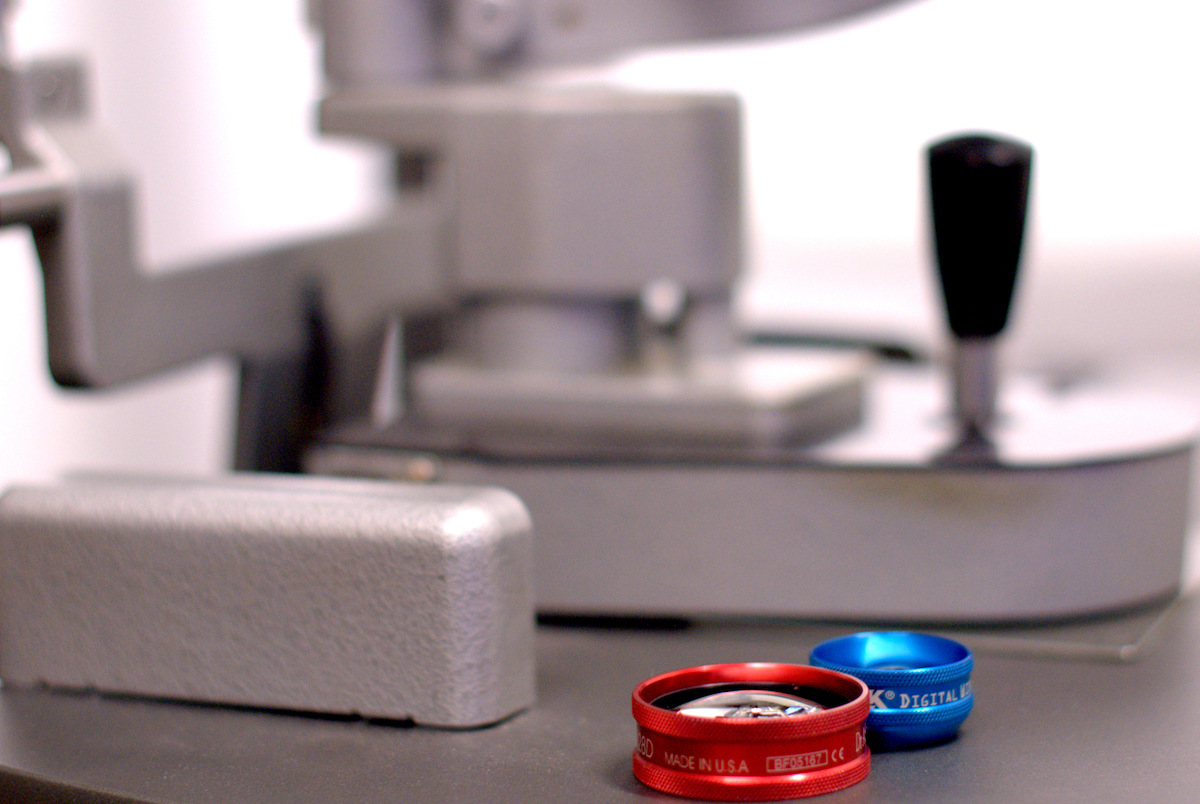What is Low Vision?
Low vision is loss of eyesight that makes everyday tasks difficult. It cannot be corrected with glasses, contact lenses, or surgery.
There are various conditions that can cause low vision, from birth to later in life. Some retinal conditions that cause low vision include macular degeneration, diabetic retinopathy, retinitis pigmentosa and retinal detachments.
Normal aging of a healthy eye does not cause low vision, and regular examinations with your eye doctor help in diagnosing and treating conditions that can be helped.

What does it feel like to have low vision?
Those who develop low vision, especially as they get older, often have difficulty coping with this loss. It can make every aspect of their daily living difficult, affecting activities such as driving, cooking, reading, continuing their hobbies, or recognising faces.
Faced with this, you can understand why your loved one is going through stages of anger, denial, or depression to cope with their low vision. Pride may prevent them from asking for help.
What can be done to help?
First it is important for the person to be examined by an eye specialist, to make sure that there isn’t any benefit from glasses, medications or surgery.
When vision cannot be improved, people with low vision need help to learn how to make the most of their remaining sight and to stay independent with tasks that matter to them.
Low vision centres are trained in assessing all aspects of the remaining low vision, and they are experienced in devices that assist in daily activities.
They are experienced in:
- low vision glasses
- magnifying devices
- reading devices
- telescopes for faces or for using public transport
- binoculars for television or theatre
- closed circuit televisions
- canes and guide dogs, to keep you active and mobile
As technology has improved, there are various tools that help with daily activities, such as:
- iPads
- talking watches
- audio books
- magnified games
- special phones
- computer programs
There are many options available, and this is where a low vision clinic is useful. They are able to assess an individual with low vision, and make specific recommendations that helps with the activities that matters to the individual.

